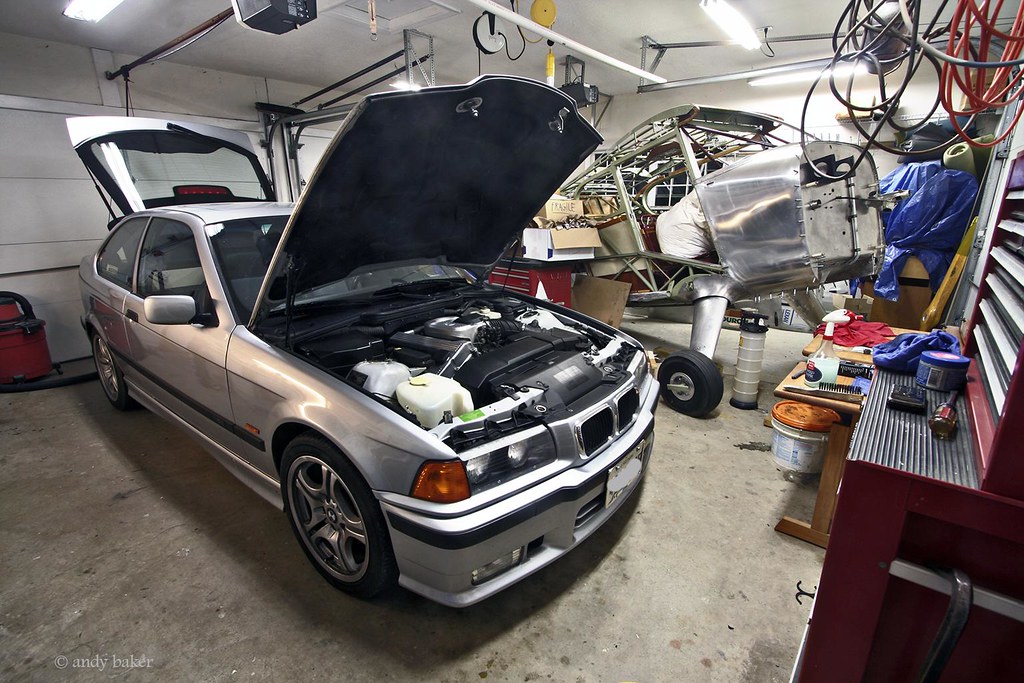The BMW 318ti: A Blend of Design, Convenience, and Efficiency
The BMW 318ti: A Blend of Design, Convenience, and Efficiency
Blog Article
Vital Considerations for Selecting the very best Engine for Your Requirements
In the realm of selecting the optimal engine to meet your needs, numerous important factors need careful consideration to make sure optimum performance and efficiency. From the nuanced equilibrium in between power and performance to the often-overlooked elements of upkeep and service demands, each facet plays an essential function in establishing the most suitable engine for your specific needs.
Power and Performance
When evaluating engines for ideal efficiency, it is important to prioritize both power output and performance. Power result gauges the ability of an engine to generate energy, which directly influences its efficiency. A high power result is important for demanding tasks such as heavy-duty applications or high-speed needs. It makes certain that the engine can take care of the work successfully and effectively. Nevertheless, power alone is not adequate; efficiency plays a significant function in establishing the overall performance of an engine. Performance describes how well the engine transforms gas into usable power. An extra effective engine will supply much better mileage, lower exhausts, and minimized operating expenses. Striking the right equilibrium between power result and effectiveness is crucial to choosing an engine that fulfills your particular needs. It is essential to think about elements such as the planned usage of the engine, ecological influence, and long-lasting price ramifications when making this choice. By very carefully assessing both power and performance, you can choose an engine that provides optimum performance and satisfies your needs successfully.
Gas Efficiency and Economy
In the world of engine option, the factor to consider of gas efficiency and economic situation holds paramount significance. Fuel efficiency refers to the engine's capability to transform gas right into power with minimal waste, directly impacting operating expenses and ecological sustainability. bmw 318ti. When picking an engine, examining its fuel economic situation is crucial to establish long-term cost savings and ecological effect. Engines with greater gas performance not just minimize fuel expenses yet also lower carbon exhausts, adding to a greener procedure.

Compatibility and Application
Taking into consideration the fuel effectiveness and economic situation of an engine, the next important facet to address is its compatibility and application within particular functional contexts. Compatibility refers to how i thought about this well the engine incorporates with the overall system or devices it powers.
Various engines are made for details objectives, whether it be commercial equipment, marine vessels, automobiles, or power generators. Recognizing the desired application enables for the option of an engine that can supply the required power outcome, torque, and operational qualities.
Upkeep and Solution Needs
Maintenance and solution demands play a vital role in making certain the long life and ideal performance of an engine. Routine maintenance is important to prevent break downs, extend the life-span of the engine, and keep its performance. When selecting an engine, it is essential to consider the maker's advised upkeep timetable and the accessibility of service facilities or certified specialists.
Variables such as the frequency of oil adjustments, filter substitutes, and total examinations can significantly influence the engine's performance. Some engines might need more constant servicing based upon their layout and use, while others might have longer periods between upkeep checks. It is crucial to stick to these solution needs to prevent pricey repair services and unforeseen downtime.

Cost and Spending Plan Considerations
When selecting an engine for a certain application,Budget plan constraints commonly play a considerable duty in the decision-making process. When considering the expense and budget ramifications of choosing an engine, it is important to assess not just the initial purchase rate however additionally the long-lasting expenditures connected with maintenance, gas consumption, and prospective upgrades visit their website or repairs. It is vital to strike an equilibrium between the in advance cost of the engine and its general lifecycle prices to make certain that the chosen engine continues to be economically sustainable throughout its operational life-span.
Factors such as fuel integrity, durability, and efficiency can directly affect the overall cost of ownership of an engine. While a much more great site pricey engine might have greater upfront costs, it might potentially lead to lower maintenance and fuel expenses gradually, therefore using far better worth in the lengthy run. In addition, taking into consideration the accessibility and price of spare components, as well as the simplicity of maintenance and solution, can assist prevent unexpected financial pressure in the future. By carefully evaluating these price and budget factors to consider, you can make an enlightened choice that straightens with your operational needs and economic restrictions.
Verdict

Fuel effectiveness refers to the engine's capacity to convert gas right into power with minimal waste, directly influencing operating costs and environmental sustainability.Aspects affecting gas efficiency include engine style, burning performance, and overall performance optimization. Furthermore, picking the ideal fuel type and quality as advised by the engine supplier can further improve efficiency and lengthen engine lifespan.
Engines with good service functions and conveniently offered components can lower upkeep costs and minimize the time the engine is out of operation - bmw 318ti. It is important to strike a balance in between the in advance expense of the engine and its general lifecycle expenses to make sure that the selected engine stays economically lasting throughout its functional life-span
Report this page